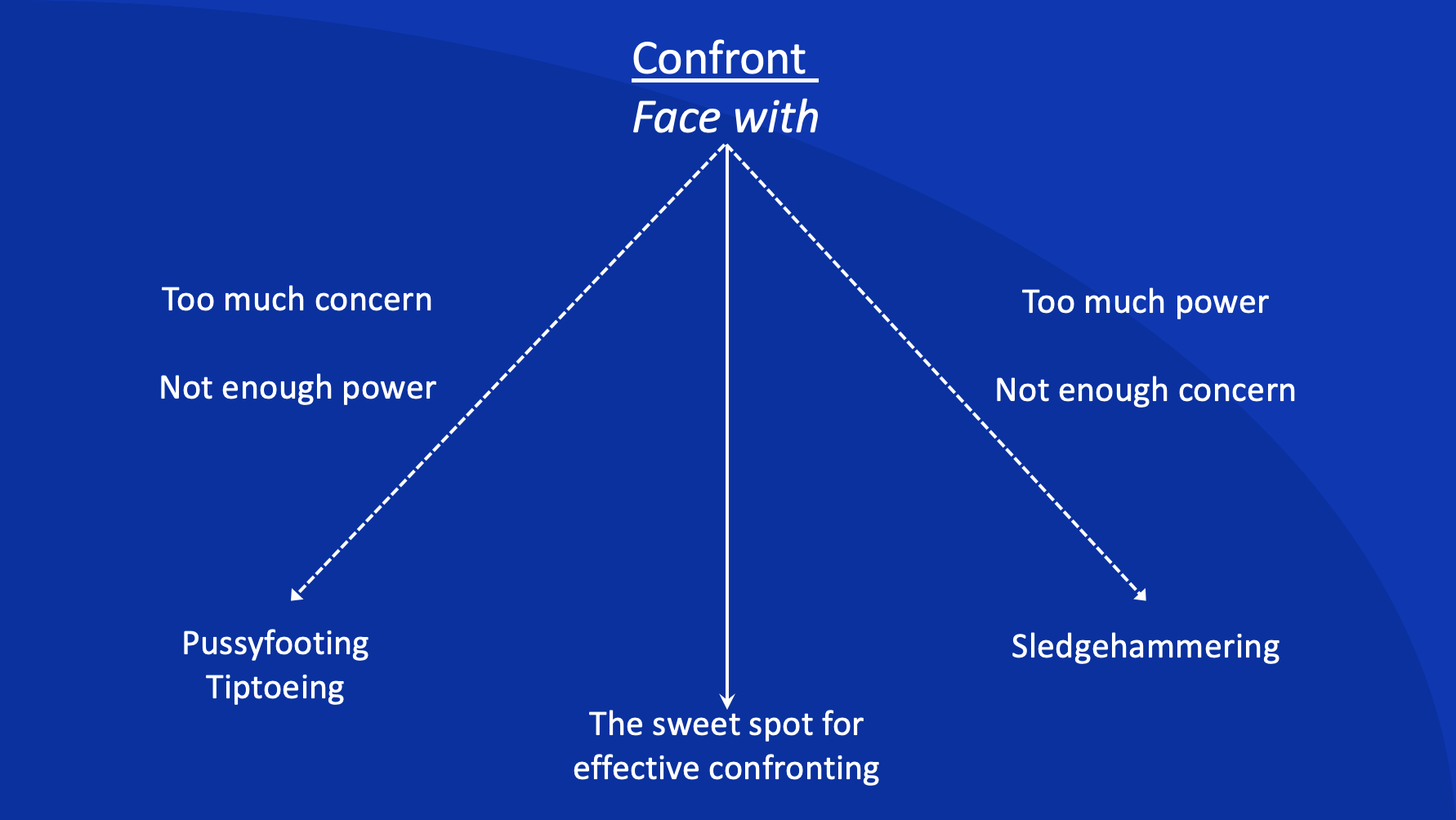
Resources on Still Waters in general
Here you can find articles on the overall concept of Still Waters and the aspects that should be common, regardless of which service you are interested in.
The Learning Ladder
We have much to learn. No matter how far along life’s path I travel I am always reminded of my ignorance and incompetence. It’s humbling and at the same time extremely nourishing. I find one of the juiciest aspects of my work is to find myself in the company of someone (or a group of people) who still has an appetite to learn, particularly if, like me, they are getting old and grizzled. When this happens I often find a model helps people make sense of their experience and it’s then I usually reach for the learning ladder.
Above and Below the Line
“Everything can be taken from a man but one thing: the last of the human freedoms; to choose one's attitude in any given set of circumstances, to choose one's own way.” Viktor Frankl. This quote by Viktor Frankl is the heart and soul of the simplest Challenger tool (link) I was taught; above and below the line.
The Confront Model
I find myself using the confront model more and more in my work. There is much that needs confronting and yet it often feels to me like we are becoming less skilled at the art doing it successfully. Too often conversation leads to difference, which leads to debate and then breakdown; with entrenched views, righteousness and ‘othering’ being the norm. The difficulties we have with confronting situations lead to us become either more aggressive in our position or conflict-avoidant. This is the essence of the confront model.
The Power Of Vulnerability
I’ve lost count the number of times I’ve recommended Brene Brown’s Ted Talk, The Power of Vulnerability. It’s probably something like a hundred. And almost every time I advocate for it I feel the need to watch it again myself first. I tell myself I’m watching to make sure it’s relevant for the person I’m suggesting it too, but actually I think it’s as much for me as them.
The Four Ps
People use the four Ps tool as a way of developing a clearer understanding about their own attitude in any given situation. It is a simple tool to use but one that people seem to find really helpful as a way of codifying and legitimising how they are feeling, and therefore better able to own and describe their mindset. It also helps people notice whether they are getting stuck in a dominating attitude over time, which in turns can cause a personal breakthrough.
What Are Challenger Tools?
I was introduced to the concept of challenger leadership when I joined Relume (link), who are the well-spring for all thing Challenger as far as I am concerned. ‘Challenger tools’ is a term I, and they, use a lot, but what does it mean? There is no official definition that I am aware of so how here’s mine:- An assortment of helpful devices for accessing and activating the possibility of change.
The Six Keys To Success
I’ve always been a bit resistant to lists of things. Perhaps as a child I was expressing anti-religious orthodoxy, but why not eleven commandments or six deadly sins? Who gets to decide something so definitive? Or later in life was I just playing devil’s advocate when I wondered what the eighth habit of highly effective people was and questioned how Stephen Covey could be so sure there were only seven? And so I am an unlikely candidate for advocating for six keys to success – but here I am doing just that.
Why Before How And How Before What
When I was setting up Still Waters it was all pretty chaotic in my head for a while. I spent several near-sleepless nights (why is it so much more chaotic at night?!) trying to work out the detail of what I was going to do when I remembered Simon Sinek’s ‘golden circle’ model. Focus first on “Why?”, then “How?”, and the “What?” will look after itself.
Honouring My Work
It was with a large dose of curiosity, and a small pinch of trepidation, that I agreed to my friend and colleague Jeremy Keeley’s suggestion that we ‘honour my work’ in a recorded Zoom conversation. Below is the result of this, or you can click here. It was a strange experience, a bit self-indulgent, but I thought I’d share it because it covers a lot of the thinking behind Still Waters.
The Gift Economy
I was introduced to the Gift Economy while on a course in 2015. Brian Smyth, a wonderfully warm human being from Ireland told me how he had deployed it for his work. I was intrigued. Since then I have experienced it in action a few times and love the spirit of it and so have decided to offer it as part of Still Waters. But what exactly is the Gift Economy?
Inspiring Company - Sangha
My yoga teacher, Steve Harrison taught me about the six keys to success in the yogic tradition. The sixth of these is the Sanskrit/hindu word ‘sangha’, which he describes as ‘inspiring company’. I find Steve himself to be inspiring company in the wholehearted way he brings himself to teach. All of which got me to think about the people I work with in my own professional life.
My Journey To Here
I joined BT three months before privatisation as a fresh-faced 19-year old who had messed up academically and was in desperate need of structure. Starting out as a telecom officer in Southampton handling customer complaints, I loved the office environment, with the predictable hours and reliable work. There was plenty of personal and professional development opportunities, which I lapped up. Other memories include leading our response to a massive surge in billing complaints, using a PC for the first time and also going on strike for three weeks.
How Still Waters Came About
It was my second night of disturbed sleep. I was facing the turbulence that comes with significant change. After eight years, and at the age of fifty-six, I was being made redundant. A heady cocktail of excitement and shear dread was coursing through my veins denying me the land of nod.
Facing Your Fear
I’ve been facing my fear for about a few years now. Prior to that I had 50 years on the planet not even knowing I head this fear. How can that be possible? Well my coaching supervisor said I had ‘complex defensive structures’. When she said it I was rather pleased because it sounded cool. But then after going through some seriously painful learning it turns out it is not so cool after all.
Letting Go Of Outcomes
Whenever my children used to ask me what I would like for my birthday or Christmas I habitually reply “world peace”. This small exchange became something of a ritual in our household (oh the fun we had!!). I think I made this request for over ten years, and yet there were no signs of world peace on the horizon, or even a move in that general direction. It became clear to me that it may take a little more than a request to my children for this goal to be achieved…
Wholeheartedness
This happens too often:
I feel tentative, my stomach clenching as I contemplate it. My mind is going ten to the dozen with a toxic mixture of ideas of how to get out of it and images of the many ways it can go wrong and I can look bad. Dread washes over me and, instinctively, without even knowing it, I turn my attention away. To football, internet surfing, games, anything that can anaesthetize me to the prospect I am facing. I am a fraud.
One Thing Can Change Everything
One of the guiding principles in Still Waters is the idea that everything is connected, which comes from on a belief I’ve held for as long as I can remember. In the absence of traditional ‘proof’ for this belief, I’ve found solace in quantum theory and also the writing of Charles Eisenstein.

















